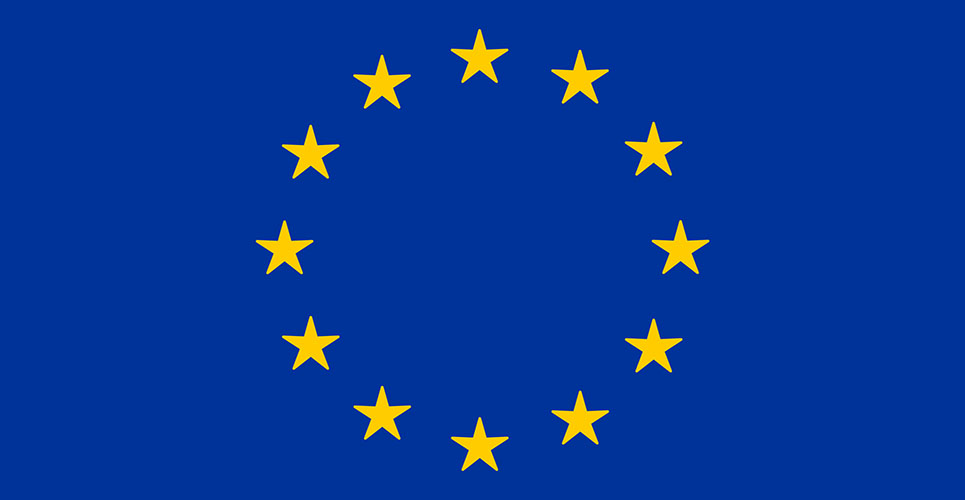teaser
In the longer term, government subsidies to failing public-sector organisations are going to be increasingly challenged in the courts by private-sector competitors
Brian Edwards
CBE
Emeritus Professor of Healthcare Development
University of Sheffield
UK
President
HOPE (European Hospital and Healthcare Federation)
Brussels
Belgium
The lawyers have been active in the European courts of late, with a number of health-sector cases. Is garlic a medicinal product? No, says the European Court of Justice, it is not. The case(1) had been brought by the European Commission (EC) against the German government, which had classified a garlic preparation in capsule form as a medicinal product. The EC argued that the preparation “did not have a significant effect on the metabolism and cannot, therefore, be classified as a product capable of restoring, correcting or modifying physiological functions”. In deciding to classify the product the German government had created an obstacle to intracommunity trade.
In a separate case, the court decided the German government had placed an inappropriate restriction on the practice of psychotherapy by imposing a regional quota system on those who wished to practice under German state sickness insurance schemes (SSISs). The government had also ruled that only those who had practiced in a region of Germany “under the German SSISs” could obtain authorisation or admission to practice. This, the court decided, amounted to a restriction on the freedom of establishment without justification.(2)
In what was potentially a really important case, international private health insurance company BUPA claimed that the Irish government had acted unfairly in requiring BUPA Ireland to contribute to an equalisation fund designed to compensate those health insurers with a higher-than-average risk base.(3)
In reality, this meant that BUPA was obliged to pay money to the state-owned Voluntary Health Insurance Board, which had been operating in the market for some time and had an older membership. BUPA argued that this was an improper subsidy, but the company lost the case on the grounds that health was a national competency, that the Irish government had acted properly and that the extent to which EU institutions could intervene was limited to manifest errors only.
Although the latter judgement was very specific to the Irish setting, it will have come as a relief to many other governments who will have judged that their competencies in the health sector have been reinforced by this judgement.
However, in the longer term, government subsidies to failing public-sector organisations are going to be increasingly challenged in the courts. Hospitals with large and long-standing deficits will be particularly vulnerable to claims by private-sector competitors.
Two other cases relating to employment issues will have little direct impact on health systems except in the fact that they add to a growing body of law in this area. One related to the rights of part-time staff compared to their full-time colleagues. The other was about the rights of trade unions to cooperate across borders in circumstances where a shipowner was planning to re-badge a ship from one country to another in order to reduce operating costs. Although – fortunately – hospitals are not as easy to transfer across borders, pharmaceutical and medical device manufacturing is not as safe.
The much-discussed planned health directive is about taking decisions about patient movement out of the courts, but one must doubt the ability of governments to do so in the light of recent experience. ■
1. European Court of Justice. Case C-319/05.
2. European Court of Justice. Case C-456/05.
3. Tait N. Bupa loses Ireland health plan challenge. Financial Times 2008 February 12.

